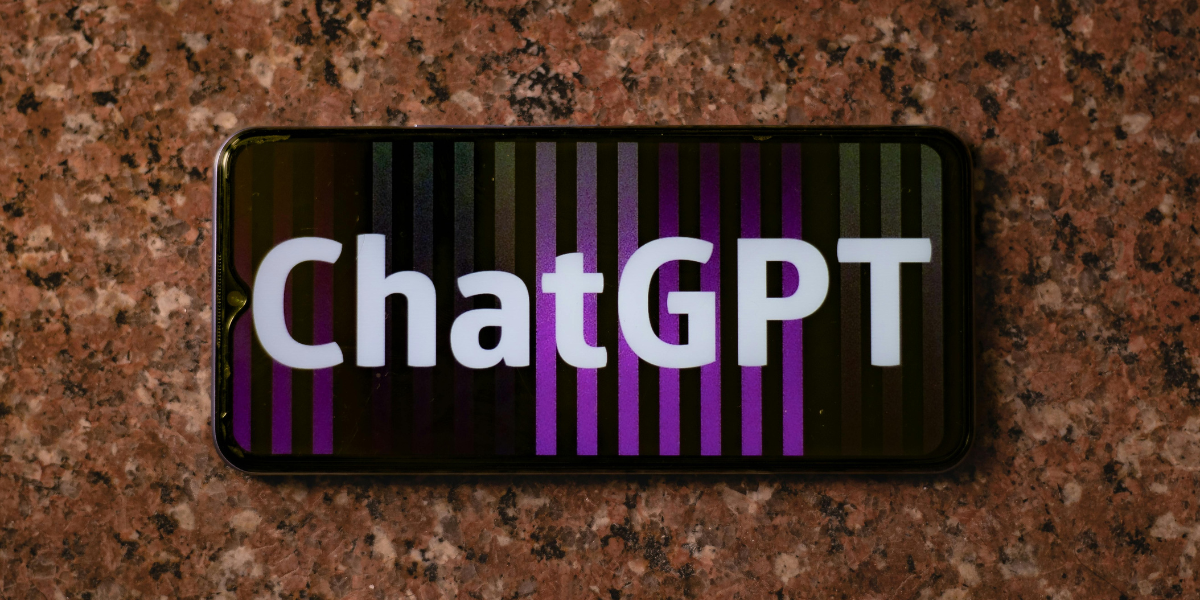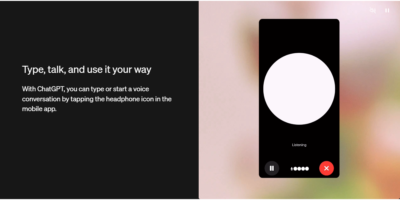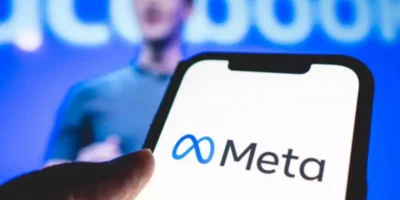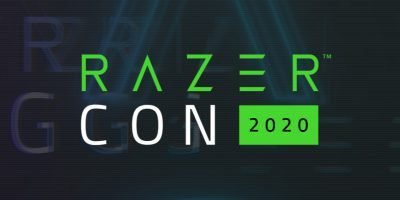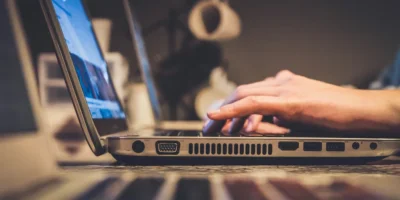“What is the latest tech news?” “What is photosynthesis?” Whatever the doubt is, ChatGPT has you covered. Be it for a business presentation or homework, all you have to do is enter the prompt. The ChatGPT will give you convincing answers and facts. Can you believe that we are talking about the same ChatGPT which we thought would spoil our creativity and steal our jobs? Surprisingly, when ChatGPT claimed it already has a tool to detect plagiarism and it’s going to watermark the generated text, most of us had a silent attack! However, after having a heated internal argument and being caught in a dilemma, OpenAI is now saying that OpenAI won’t watermark ChatGPT text. Relieved?
OpenAI won’t watermark ChatGPT: Behind the scenes
As per the reports from The Wall Street Journal, OpenAI has revealed that it had a system for watermarking ChatGPT-created text in its arsenal. It also had a tool to detect the watermark. The OpenAI ChatGPT has these strategies ready to implement for about a year. The company calls it anti-cheating technology. But it is helpless and hesitant to release these features learning that they might act as a boomerang. On the other hand, the OpenAI ChatGPT also feels guilty for not releasing them.
Precisely, OpenAI ChatGPT watermarking helps the model predict the most likely words and phrases that will follow previous ones, embedding a detectable pattern. This pattern, invisible to the naked eye, can be identified by OpenAI’s detection system, which assigns a likelihood score indicating whether ChatGPT generated a particular text. This tool would have surely assisted the teachers or any officials in identifying the over-written content. The watermarking also was found not to affect the quality of its chatbot’s text output. Later with the Journal’s story going viral, OpenAI confirmed that it has these strategies. It described the method as very accurate (99.9% effective and resistant to tampering, such as paraphrasing).
OpenAI won’t watermark ChatGPT: Why?
It is with good intention that OpenAI ChatGPT worked on these strategies. But it says rewording with another model makes it “trivial to circumvention by bad actors.” The company also expressed its concern over the stigmatization of AI tools’ usefulness for non-native speakers. Moreover, it is worried about its existence in the long run. The surveys show the same.
The survey was done among ChatGPT users. The random survey indicates that there will be a drastic decline (around 30%) in the number of users with the arrival of OpenAI ChatGPT watermarking. The coming of similar AI text-generation tools day by day would aggravate the situation. Despite the fuss, some employees said that watermarking is effective. On the contrary, a larger number of employees think that this might imbalance the company’s commitment to transparency. The OpenAI ChatGPT has now decided to withhold these measures and take a deliberate and cautious approach. Even though OpenAI is not alone in the attempt, surveys tell that it might be more affected than its rival tools like Google’s Gemini AI.
What next?
It is decided that OpenAI won’t watermark ChatGPT text. The company has yet to figure out what next. Believing and building on ethics, the OpenAI may try its luck developing similar tools that wouldn’t reduce its user base. Let’s hope the OpenAI ChatGPT will come up with something that would impact future education and learning in the right way.
